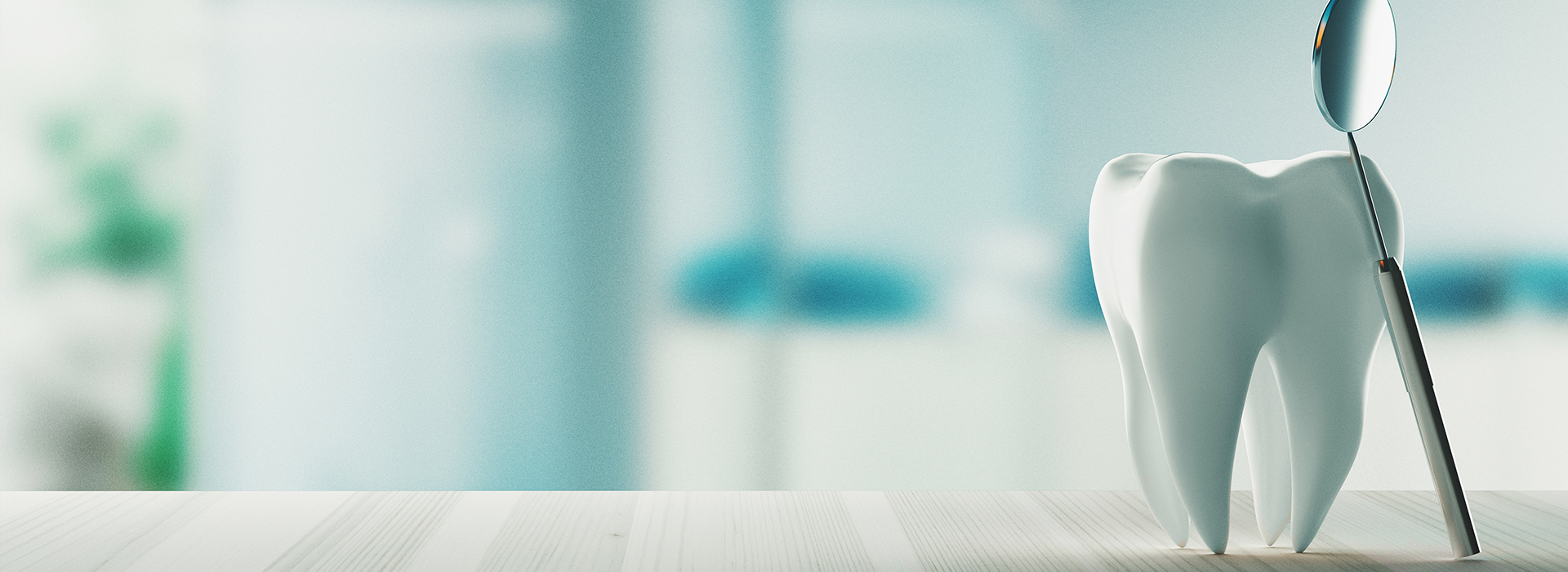

A healthy, confident smile is about more than appearance — it’s central to comfort, chewing efficiency, and long-term dental health. When a tooth has been weakened by decay, fracture, or extensive restoration, a dental crown (sometimes called a cap) can restore form and function while protecting what remains of the natural tooth.
At Silk Dental Delray Beach (formerly Marc Bilodeau DMD), we focus on conservative, durable solutions that blend seamlessly with each patient’s unique smile. Crowns are a versatile restorative option, and this page explains when they’re recommended, how they’re made, and what you can expect during and after treatment.
Small cavities and minor chips are often repaired with fillings, but there are limits. When decay has removed significant tooth structure, when a tooth has a large, failing restoration, or after a root canal, a filling alone may leave the tooth vulnerable to fracture. A crown encases the entire visible portion of the tooth, redistributing chewing forces and reducing the risk of further damage.
Crowns are also the preferred option for teeth that suffer repeated cracking, deep grooves, or patterns of wear from grinding. By providing full coverage, a crown stabilizes the tooth and restores reliable biting surfaces, which helps patients regain normal function without compromising adjacent teeth.
Additionally, crowns play an important role when a tooth must serve as an anchor for a bridge or when they are placed over dental implants. In each of these situations, the goal is the same: reconstruct a tooth that looks natural, endures daily use, and protects the remaining dental structures beneath it.
Successful crowns begin with careful planning. During your evaluation, we assess the tooth’s health, take precise digital images or scans, and determine whether root canal therapy, gum treatment, or other preparatory work is needed first. This diagnostic stage helps us choose the right type of crown and ensures predictable results.
When it’s time to prepare the tooth, the surgeon removes any compromised material and shapes the tooth so the crown will seat properly. We often create a temporary crown to protect the tooth while the final restoration is being fabricated. Digital impressions and high-resolution photography allow our dental laboratory to replicate color, contour, and texture for a natural appearance.
Before bonding the permanent crown, we verify fit, contact points with neighboring teeth, and how the crown meets the opposing tooth during chewing. Adjustments are made chairside to ensure comfort and proper function. Once everything aligns, the crown is permanently cemented or bonded to complete the restoration.
Modern dentistry offers several crown materials, each with distinct strengths. All-ceramic and porcelain crowns are prized for their lifelike translucency and are often used on front teeth where appearance is the priority. Newer ceramic systems combine beauty with improved fracture resistance, making them suitable for many parts of the mouth.
For situations that require maximum strength — for instance, on back teeth that endure heavier chewing forces or when there is limited space — zirconia and porcelain-fused-to-metal (PFM) crowns are reliable choices. Zirconia provides exceptional durability and is increasingly popular for its balance of strength and acceptable esthetics.
Material selection depends on the tooth’s location, the patient’s bite, aesthetic goals, and any existing restorations. Our team recommends options that preserve as much natural tooth as possible while delivering the desired appearance and long-term performance.
Crowns are frequently part of broader restorative strategies. They can restore teeth after root canal therapy, serve as the abutments for fixed bridges, and form the visible portion of a dental implant. In these roles, crowns support whole-mouth rehabilitation and can be integral to restoring chewing function and facial balance.
Cosmetically, crowns correct discoloration, irregular shape, and misaligned teeth when other conservative treatments are insufficient. Because crowns replace the visible structure of a tooth, they allow highly predictable aesthetic corrections while preserving the underlying oral health.
When planning multi-tooth restorations, we consider how crowns will interact with adjacent and opposing teeth, the health of the gums, and long-term maintenance. This comprehensive perspective helps ensure that each restoration contributes to a durable and harmonious bite.
Crowns are resilient, but they require the same daily care as natural teeth. Regular brushing with fluoride toothpaste, flossing around the crown margins, and routine dental visits help prevent decay at the crown’s edge and maintain gum health. Professional cleanings enable early detection of any changes and prolong the life of the restoration.
Certain habits can stress crowns, so we advise caution with very hard foods and non-food items that could chip or dislodge a restoration. For patients who grind or clench their teeth, a custom night guard is often recommended to minimize wear and protect both crowns and natural teeth from excessive forces.
If a crown ever feels loose, painful, or if you notice changes in bite or appearance, contact the office promptly. Early attention preserves the underlying tooth and often simplifies the required follow-up care.
Summary: Dental crowns are a durable, versatile solution for restoring teeth that are damaged, weakened, or cosmetically imperfect. They protect remaining tooth structure, restore chewing function, and can be matched closely to surrounding teeth for a natural look. Through careful planning, appropriate material selection, and attentive aftercare, crowns provide dependable results that support oral health.
If you’d like to learn more about crown options, what to expect during treatment, or whether a crown is the right solution for your tooth, please contact us for more information.
Quick Links